Home>diy>Building & Construction>What Is A BIM Coordinator?


Building & Construction
What Is A BIM Coordinator?
Modified: January 24, 2024
Learn about the role of a BIM Coordinator in the building construction industry. Find out their responsibilities and how they ensure efficient project implementation.
(Many of the links in this article redirect to a specific reviewed product. Your purchase of these products through affiliate links helps to generate commission for Storables.com, at no extra cost. Learn more)
Introduction
Building Information Modeling, or BIM, has revolutionized the construction industry by streamlining project management and improving collaboration among stakeholders. One crucial role in the BIM process is that of a BIM Coordinator. A BIM Coordinator is a professional who plays a vital role in integrating BIM technology into the construction workflow, ensuring seamless coordination and efficient project delivery.
A BIM Coordinator acts as a bridge between various project teams, including architects, engineers, contractors, and subcontractors. They are responsible for managing the entire BIM process, from initial project setup to model coordination and clash detection. By leveraging their expertise in both construction and technology, BIM Coordinators contribute significantly to the successful completion of complex building projects.
Throughout this article, we will delve into the definition, roles, and responsibilities of a BIM Coordinator. We will also explore the required skills and qualifications, the benefits of having a BIM Coordinator, the challenges they face, and the certification programs available for individuals aspiring to become BIM Coordinators.
Key Takeaways:
- BIM Coordinators are essential for seamless integration of BIM processes and technologies in construction projects. They facilitate collaboration, detect clashes, and ensure efficient project delivery, contributing significantly to project success.
- BIM Coordinators require a diverse skill set, including proficiency in BIM software, construction knowledge, communication abilities, and continual learning. Certification programs can enhance their expertise and job prospects in the field.
Read more: What Is A Construction Coordinator
Definition of a BIM Coordinator
A BIM Coordinator is a specialized professional in the construction industry who manages and oversees the implementation of Building Information Modeling (BIM) processes and technologies. BIM Coordinators are responsible for facilitating cross-disciplinary coordination, collaborating with project teams, and ensuring the successful integration of BIM tools and workflows throughout the construction project lifecycle.
BIM Coordinators act as the central point of contact for all BIM-related activities. They work closely with architects, engineers, contractors, and subcontractors to develop and maintain a comprehensive BIM model that represents the physical and functional aspects of a building project.
The primary goal of a BIM Coordinator is to ensure collaboration, coordination, and clash detection among different project disciplines, thereby minimizing conflicts and errors during construction. They use BIM software and tools to create, manage, and analyze the 3D models, maintaining accuracy and consistency throughout the project.
Additionally, BIM Coordinators play a crucial role in managing the BIM process and ensuring compliance with project standards and protocols. They establish and enforce BIM execution plans, maintain model libraries, and set up workflows for model sharing and data exchange.
Moreover, BIM Coordinators stay up-to-date with the latest industry trends and technological advancements in BIM. They continuously evaluate new tools, methodologies, and standards, seeking ways to improve efficiency and streamline project workflows. Their expertise in BIM software and their ability to coordinate multidisciplinary teams make them key players in the successful implementation of BIM on construction projects.
Roles and Responsibilities of a BIM Coordinator
A BIM Coordinator takes on a wide range of responsibilities to ensure the efficient implementation of BIM processes and technologies throughout a construction project. Here are the key roles and responsibilities of a BIM Coordinator:
- Collaboration and Coordination: One of the primary responsibilities of a BIM Coordinator is to facilitate collaboration and coordination among various project teams. They work closely with architects, engineers, contractors, and subcontractors to ensure that all stakeholders have access to the most up-to-date models and project information.
- BIM Model Development: BIM Coordinators lead the development and maintenance of the BIM model. They are responsible for creating and managing the 3D models, incorporating design changes, and ensuring the accuracy and consistency of the model throughout the project.
- Clash Detection and Coordination: BIM Coordinators play a crucial role in clash detection and coordination. They use BIM software and tools to identify conflicts and clashes between different building components, systems, and disciplines. They work with the project team to resolve these clashes and ensure a clash-free design.
- BIM Standards and Protocols: BIM Coordinators are responsible for establishing and enforcing BIM standards and protocols on the project. They define and maintain the BIM execution plan, ensuring that all project participants follow the established BIM workflows, naming conventions, and file management practices.
- Model Quality Control: BIM Coordinators are responsible for performing quality control checks on the BIM models. They verify the accuracy and completeness of the models, ensuring that they align with project requirements, specifications, and industry standards.
- Training and Support: BIM Coordinators provide training and support to project team members on BIM software, tools, and workflows. They help team members understand the BIM process and leverage BIM technology effectively.
- BIM Integration with Other Systems: BIM Coordinators collaborate with IT teams to integrate BIM models with other project systems, such as project management software, scheduling tools, and cost estimating software. They ensure seamless data exchange between different systems, improving project coordination and efficiency.
- Continuous Improvement: BIM Coordinators are continuously seeking opportunities to improve BIM processes and workflows. They stay up-to-date with the latest advancements in BIM technology and industry trends, implementing best practices to enhance project outcomes.
Overall, BIM Coordinators play a critical role in facilitating collaboration, coordinating project teams, managing BIM workflows, and ensuring the successful integration of BIM technology in construction projects.
Required Skills and Qualifications
Being a BIM Coordinator requires a combination of technical, interpersonal, and organizational skills. Here are the key skills and qualifications necessary to excel in this role:
- Proficiency in BIM Software: A BIM Coordinator should have a strong command of BIM software such as Autodesk Revit, Navisworks, ArchiCAD, or Bentley MicroStation. They should be able to navigate, create, modify, and analyze 3D models effectively.
- Knowledge of Construction Processes: It is essential for a BIM Coordinator to have a solid understanding of the construction industry, including architectural, structural, and MEP systems. Knowledge of construction sequencing, building codes, and industry standards is crucial to ensuring accurate and reliable BIM models.
- Collaboration and Communication: BIM Coordinators need excellent collaboration and communication skills. They must be able to effectively communicate and coordinate with project teams, consultants, and other stakeholders. Strong interpersonal skills are necessary to resolve conflicts and ensure smooth collaboration.
- Attention to Detail: Attention to detail is essential in creating and managing BIM models accurately. BIM Coordinators must have a keen eye for identifying clashes, discrepancies, and design errors within the models.
- Problem-Solving and Critical Thinking: BIM Coordinators should possess strong problem-solving and critical-thinking skills. They need to analyze complex issues within the project and propose effective solutions to ensure coordination and clash-free design.
- Organizational and Time Management: BIM Coordinators must be highly organized and proficient in managing multiple tasks and deadlines. They should be able to prioritize assignments, allocate time efficiently, and manage project resources effectively.
- Continual Learning: BIM technology and industry practices constantly evolve. BIM Coordinators should have a willingness to learn and keep up with the latest advancements in BIM software, tools, and workflows.
- Education and Certification: While there is no specific degree required to become a BIM Coordinator, a bachelor’s degree in architecture, engineering, construction management, or a related field is beneficial. Additionally, obtaining certifications in BIM software and BIM coordination can enhance job prospects.
By possessing these skills and qualifications, BIM Coordinators can effectively manage the BIM process, collaborate with project teams, and ensure the successful implementation of BIM technology in construction projects.
A BIM Coordinator is responsible for managing the implementation of Building Information Modeling (BIM) on construction projects. They ensure that all project stakeholders are effectively using BIM to improve collaboration and efficiency.
Benefits of Having a BIM Coordinator
Having a skilled and experienced BIM Coordinator on a construction project brings numerous benefits to the entire team. Here are some of the key advantages of having a BIM Coordinator:
- Improved Collaboration and Coordination: A BIM Coordinator acts as a central point of contact for all BIM-related activities. They facilitate collaboration and coordination among project teams, ensuring clear communication and seamless integration of different disciplines, resulting in improved project outcomes.
- Enhanced Clash Detection and Conflict Resolution: BIM Coordinators utilize advanced clash detection software to identify conflicts and clashes in the early stages of the project. They help resolve these issues efficiently, minimizing costly rework and ensuring a coordinated design.
- Increased Efficiency and Productivity: With the expertise of a BIM Coordinator, project teams can leverage BIM technology to streamline workflows and improve efficiency. BIM Coordinators help eliminate redundant tasks, automate processes, and provide accurate and up-to-date information to all stakeholders, leading to increased productivity.
- Better Visualization and Communication: BIM models provide a detailed and visual representation of the project, allowing stakeholders to visualize and understand the design intent more easily. BIM Coordinators help create and manage these models, enabling effective communication among project teams, clients, and other stakeholders.
- Reduced Errors and Rework: Through clash detection and coordination, BIM Coordinators help identify design conflicts and errors early in the project lifecycle. By addressing these issues promptly, they minimize the chances of costly rework and ensure a smoother construction process.
- Cost and Time Savings: By optimizing coordination and clash detection, BIM Coordinators contribute to cost and time savings on construction projects. The efficient use of BIM technology helps avoid delays, rework, and material waste, resulting in reduced project costs and shorter project durations.
- Improved Construction Quality: BIM Coordinators ensure that all stakeholders have access to accurate and up-to-date project information. This helps improve the quality of the construction process, ensuring that the project is executed according to the design intent and adheres to industry standards and regulations.
- Facilitated Facility Management: BIM models created and maintained by BIM Coordinators serve as valuable assets beyond the construction phase. The detailed information within the models can be utilized for efficient facility management, maintenance planning, and future renovations.
Overall, the presence of a skilled BIM Coordinator on a construction project leads to improved collaboration, coordination, and efficiency, resulting in cost savings, reduced errors, and enhanced project outcomes.
Read more: What Is BIM?
Challenges Faced by BIM Coordinators
While BIM technology offers significant benefits to the construction industry, BIM Coordinators face certain challenges in their role. Here are some common challenges faced by BIM Coordinators:
- Resistance to Change: Implementing BIM processes and technologies often requires a cultural shift within organizations. BIM Coordinators may face resistance from team members who are hesitant to adopt new workflows and technologies.
- Complex Project Requirements: BIM Coordinators often work on complex construction projects with diverse teams and demanding project requirements. Successfully coordinating these diverse requirements and managing expectations can be a challenge.
- Data Management and Standardization: BIM Coordinators deal with large volumes of data generated by various stakeholders. Ensuring proper data management, standardization, and consistent naming conventions can be a challenge, especially when working with multiple software tools and file formats.
- Training and Skill Development: Given the constantly evolving nature of BIM technology, BIM Coordinators must continually update their skills and knowledge. Keeping up with new software versions, standards, and industry best practices requires ongoing training and skill development.
- Coordination among Disciplines: Coordinating different disciplines, such as architectural, structural, and MEP systems, can be challenging. BIM Coordinators need to ensure effective communication and collaboration among these teams to avoid clashes and conflicts within the models.
- Software Compatibility: BIM Coordinators work with various software tools and platforms. Compatibility issues between software versions, file formats, or interoperability between different software tools can pose challenges when exchanging data between project teams.
- Managing Project Timelines: BIM Coordinators have a crucial role in managing project timelines. Synchronizing design changes, clash resolutions, and model updates while adhering to project schedules can be challenging, particularly on fast-paced projects.
- Cost Constraints: Despite the many benefits of BIM, some organizations may balk at the initial investment required for hardware, software, and training. BIM Coordinators may need to navigate budget constraints and demonstrate the long-term cost savings and value of implementing BIM.
Despite these challenges, BIM Coordinators play a vital role in bridging the gap between technology and construction, ensuring successful implementation of BIM processes and technologies on construction projects.
BIM Coordinator Certification Programs
For individuals aspiring to become BIM Coordinators, there are several certification programs available that can enhance their knowledge, skills, and job prospects in the field of BIM. These certification programs provide comprehensive training and validation of expertise in BIM processes and technologies. Here are some notable BIM Coordinator certification programs:
- Autodesk Certified Professional (ACP): Autodesk offers the ACP certification program, which validates the skills and knowledge of professionals working with Autodesk software, including Autodesk Revit, Navisworks, and BIM 360. The certification process includes a comprehensive exam that assesses proficiency in using BIM tools and workflows.
- BuildingSMART Professional Certification: BuildingSMART is an international organization that promotes the use of open standards for BIM. They offer the BuildingSMART Professional Certification, which assesses an individual’s knowledge and competence in BIM and open standards. The certification covers various aspects of BIM, including data exchange, collaboration, and interoperability.
- Construction Industry Institute (CII) BIM Certification: The Construction Industry Institute offers the CII BIM Certification, which recognizes professionals who demonstrate knowledge and experience in implementing BIM processes and technologies. The certification focuses on assessing an individual’s ability to utilize BIM for improved project outcomes and collaboration in the construction industry.
- Associated General Contractors (AGC) BIM Education Program: The AGC offers a BIM Education program that provides foundational knowledge and skills in BIM. The program consists of a series of courses covering various aspects of BIM implementation, including coordination, clash detection, and BIM project management. Completion of the program leads to a certification from the AGC.
- Trimble Certified Professional: Trimble offers a certification program for professionals who work with Trimble’s suite of BIM software, including Tekla Structures and SketchUp. The Trimble Certified Professional program validates an individual’s proficiency in using Trimble software for modeling, coordination, and visualization in the construction industry.
These certification programs provide individuals with formal recognition of their skills and knowledge in BIM coordination. They can enhance job prospects, demonstrate credibility to employers, and open up opportunities for career advancement in the field of BIM coordination.
It is important to note that while certification programs can be valuable, practical experience and continuous learning are equally important for becoming a skilled BIM Coordinator. Staying up-to-date with industry trends, attending workshops, and engaging in real-world BIM projects further strengthens an individual’s expertise in the field.
Conclusion
Building Information Modeling (BIM) has revolutionized the construction industry, and the role of a BIM Coordinator is crucial in its successful implementation. BIM Coordinators play a vital role in streamlining collaboration, coordination, and clash detection among project teams. They act as the central point of contact for BIM-related activities, ensuring seamless integration of BIM processes and technologies throughout the construction project lifecycle.
In this article, we explored the definition, roles, and responsibilities of a BIM Coordinator. We discussed the skills and qualifications necessary to excel in this role, including proficiency in BIM software, knowledge of construction processes, strong collaboration and communication abilities, attention to detail, problem-solving skills, organizational and time management, continuous learning, and relevant education and certification.
We also highlighted the benefits that a BIM Coordinator brings to a construction project, including improved collaboration and coordination, enhanced clash detection and conflict resolution, increased efficiency and productivity, better visualization and communication, reduced errors and rework, cost and time savings, improved construction quality, and facilitated facility management.
Furthermore, we acknowledged the challenges faced by BIM Coordinators, such as resistance to change, complex project requirements, data management and standardization, training and skill development, coordination among disciplines, software compatibility, managing project timelines, and cost constraints.
To enhance their expertise and job prospects, individuals aspiring to become BIM Coordinators can pursue certification programs, such as the Autodesk Certified Professional (ACP), BuildingSMART Professional Certification, Construction Industry Institute (CII) BIM Certification, Associated General Contractors (AGC) BIM Education Program, and Trimble Certified Professional.
In conclusion, the role of a BIM Coordinator is essential in implementing BIM technology in the construction industry. With their expertise in BIM processes and technologies, BIM Coordinators facilitate collaboration, improve coordination, detect clashes, and ensure the successful integration of BIM on projects. By embracing the responsibilities, acquiring the necessary skills, and continuously learning and adapting to evolving technologies, BIM Coordinators contribute significantly to the success and efficiency of construction projects.
Frequently Asked Questions about What Is A BIM Coordinator?
Was this page helpful?
At Storables.com, we guarantee accurate and reliable information. Our content, validated by Expert Board Contributors, is crafted following stringent Editorial Policies. We're committed to providing you with well-researched, expert-backed insights for all your informational needs.

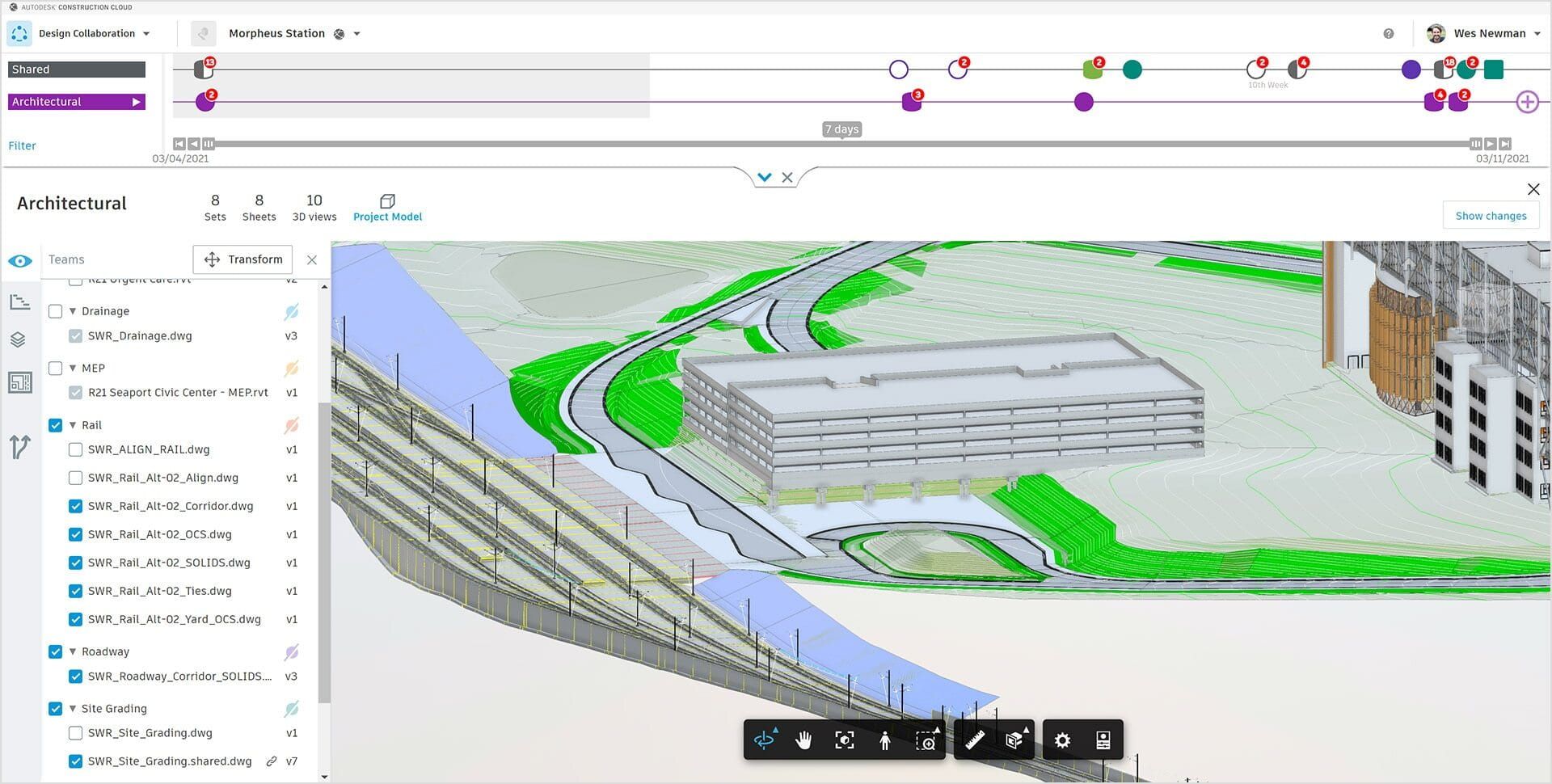
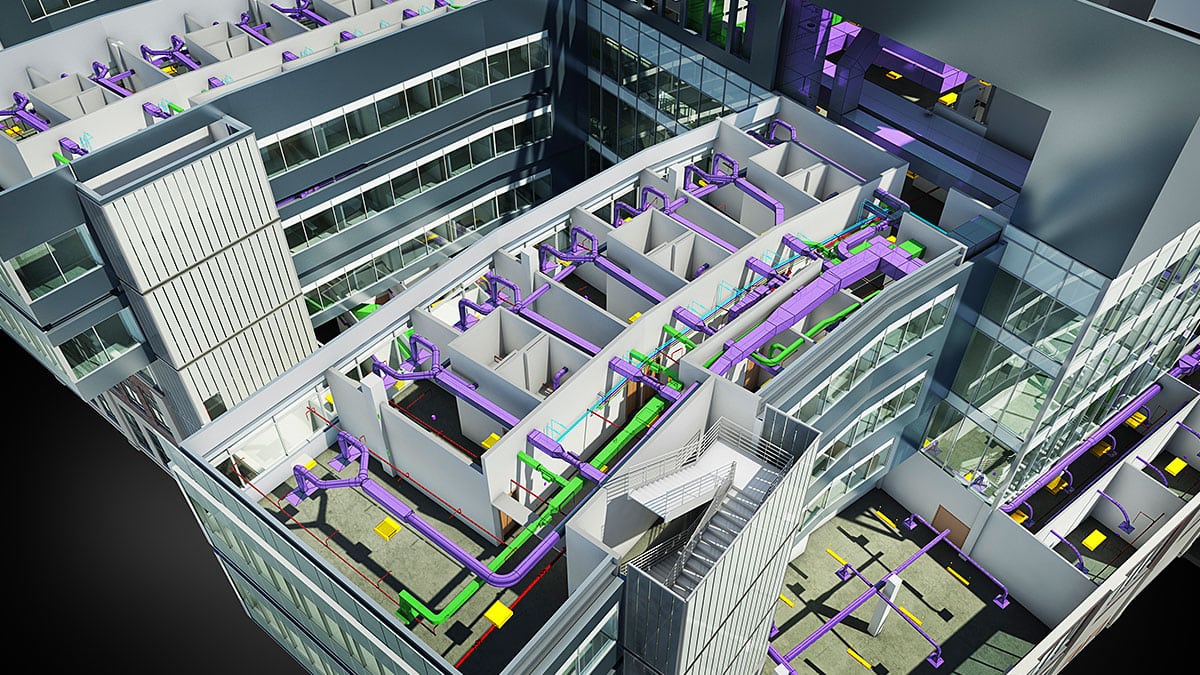
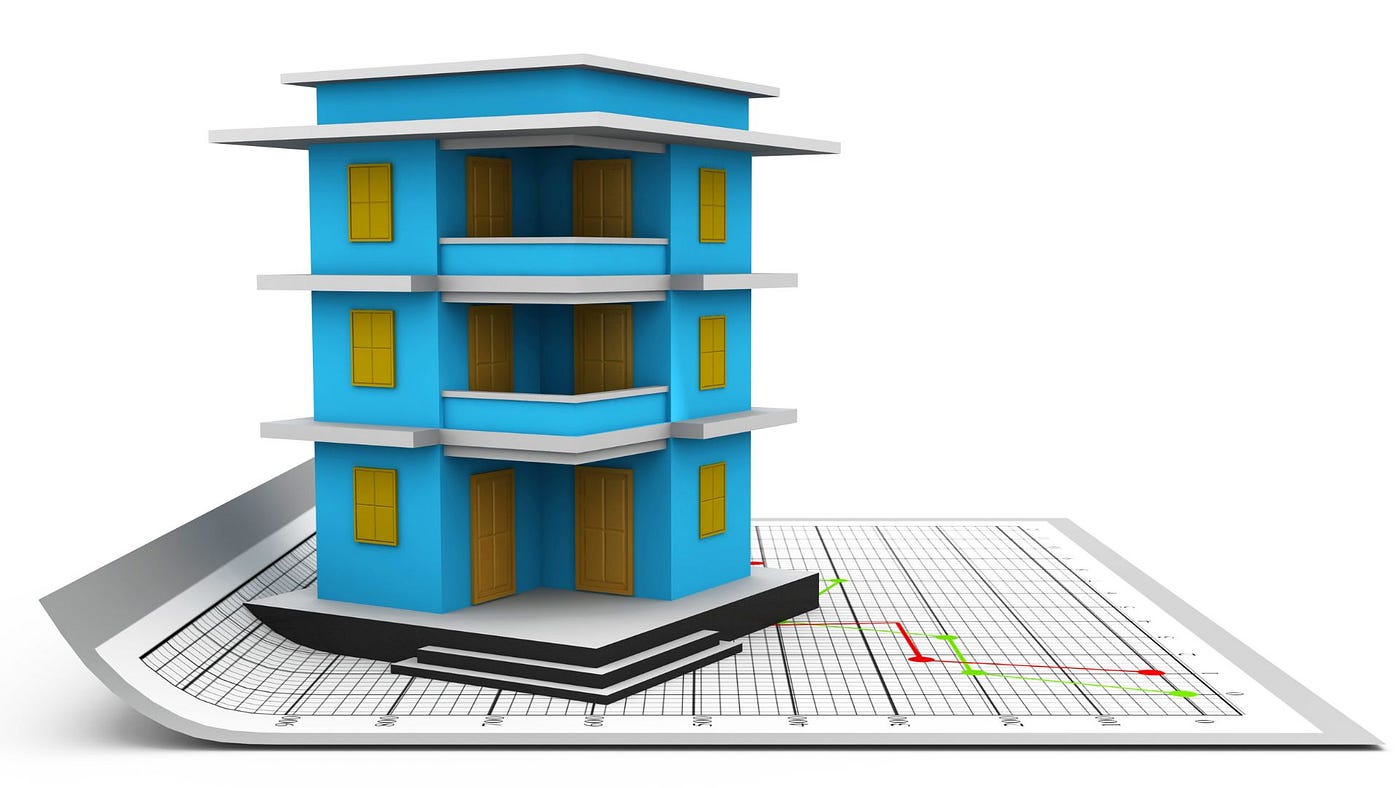


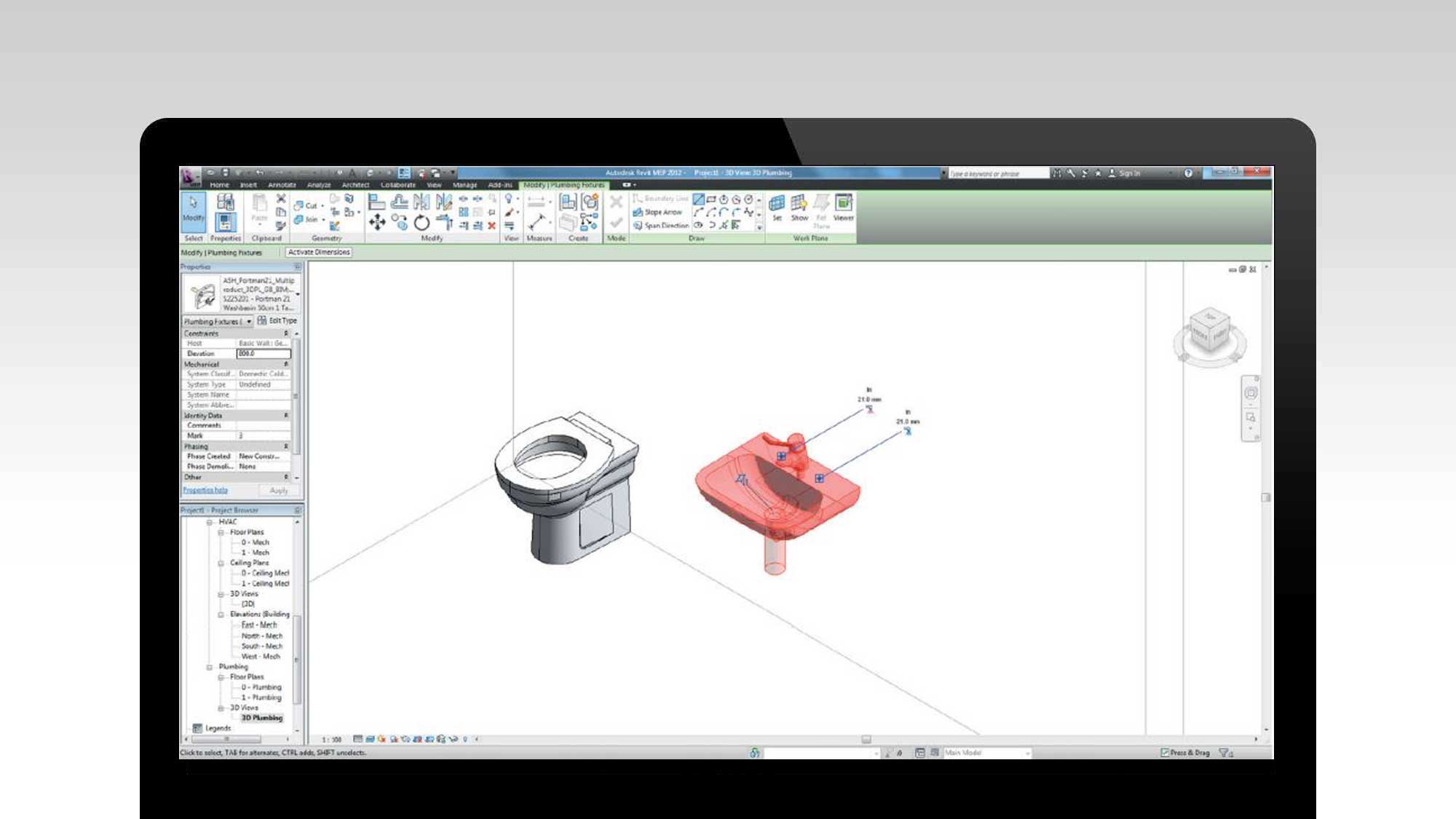


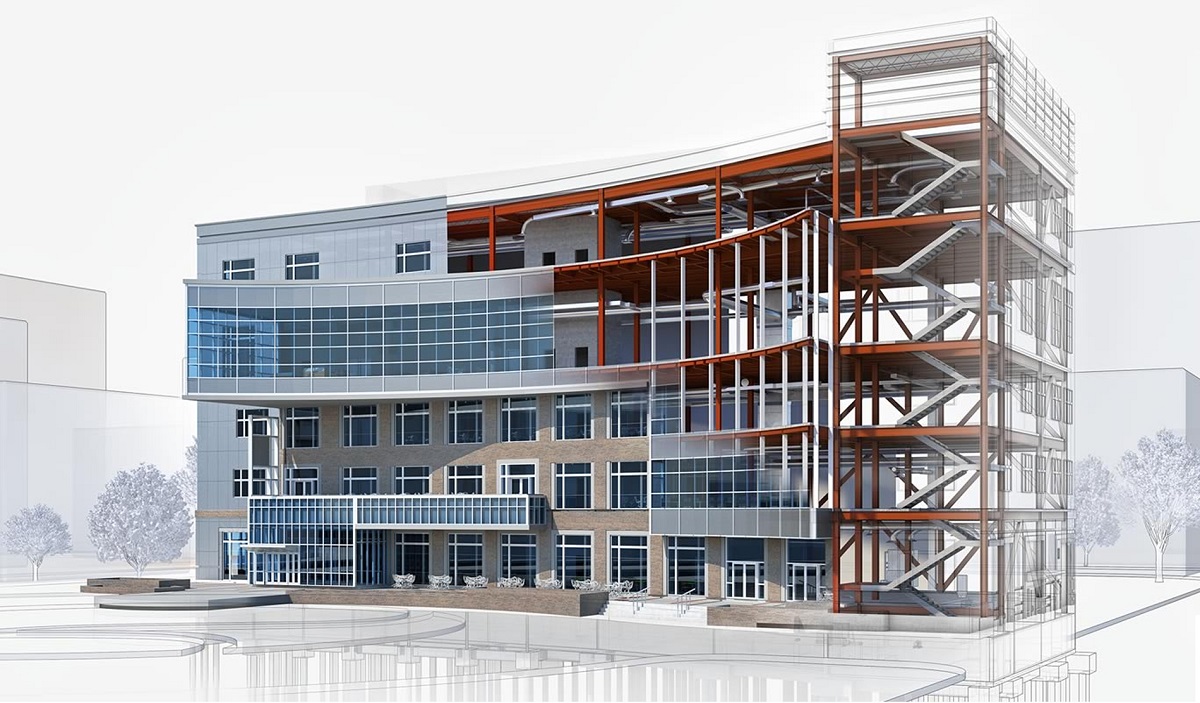
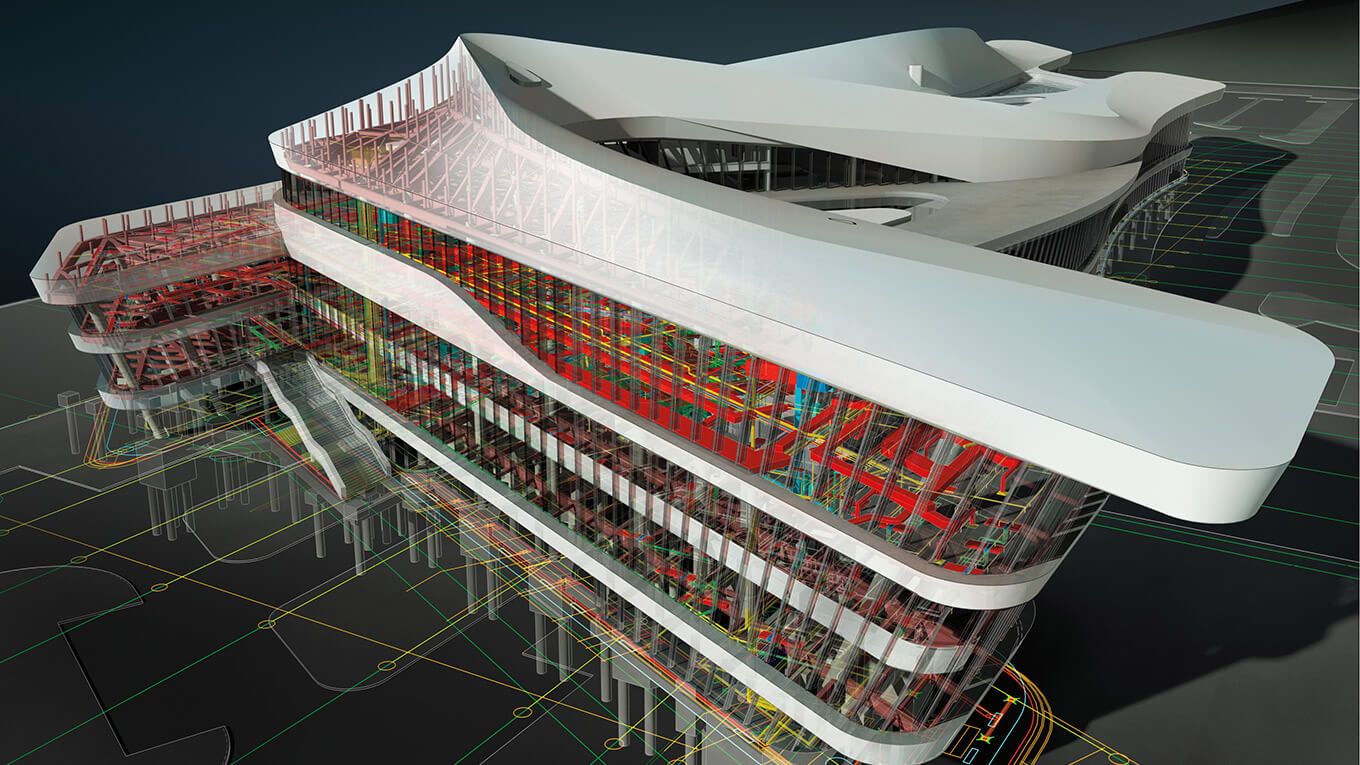
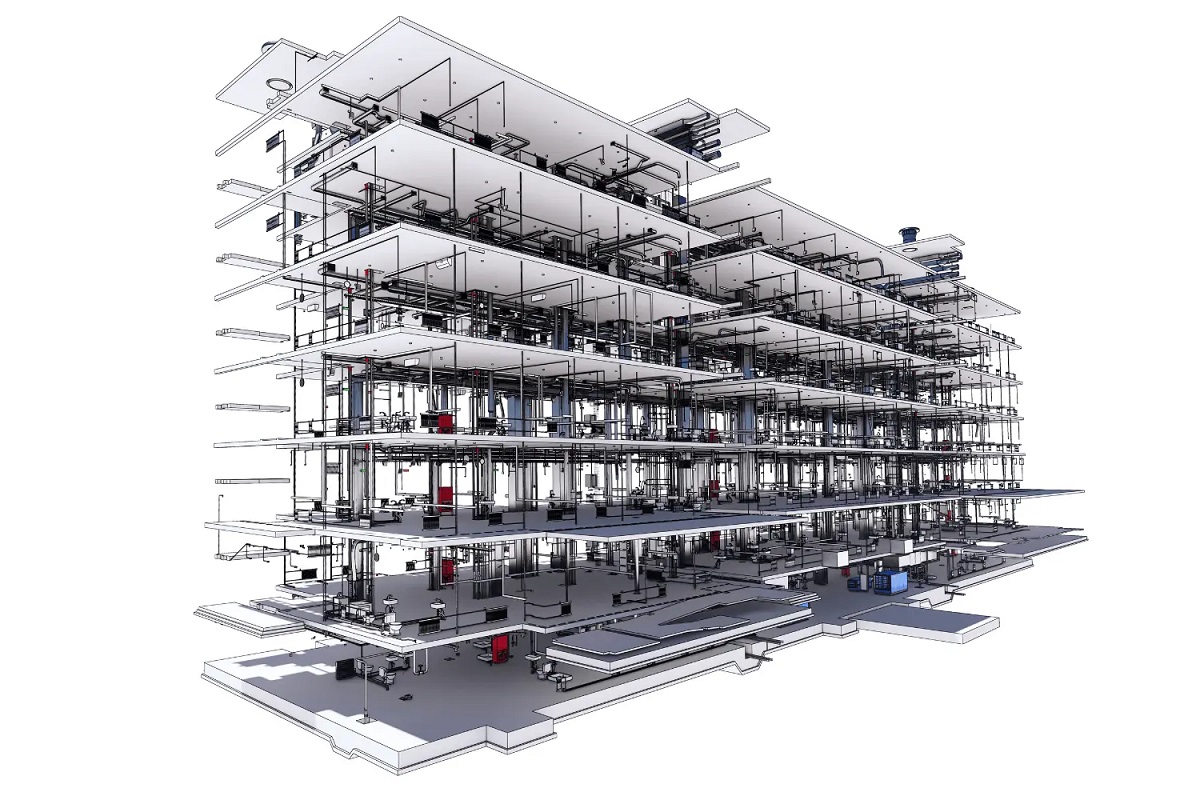
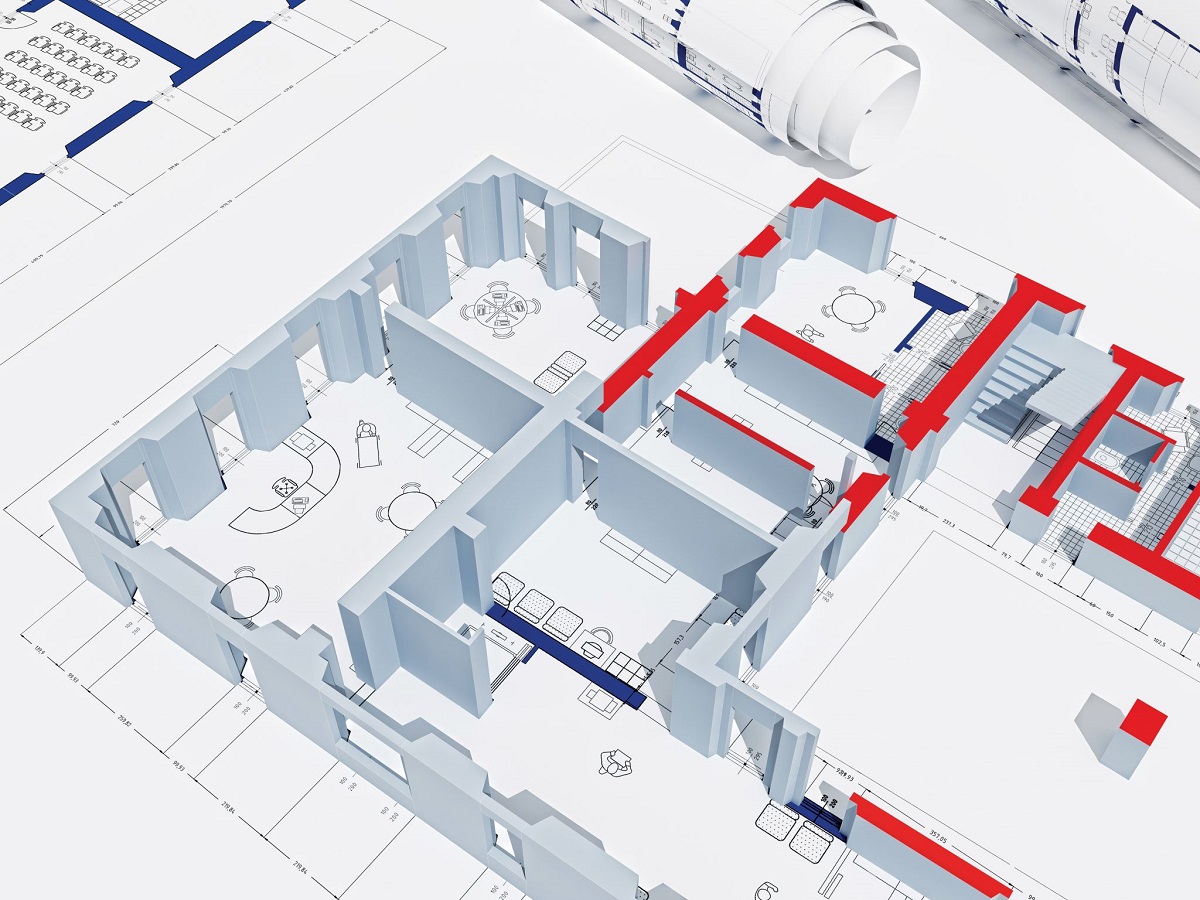
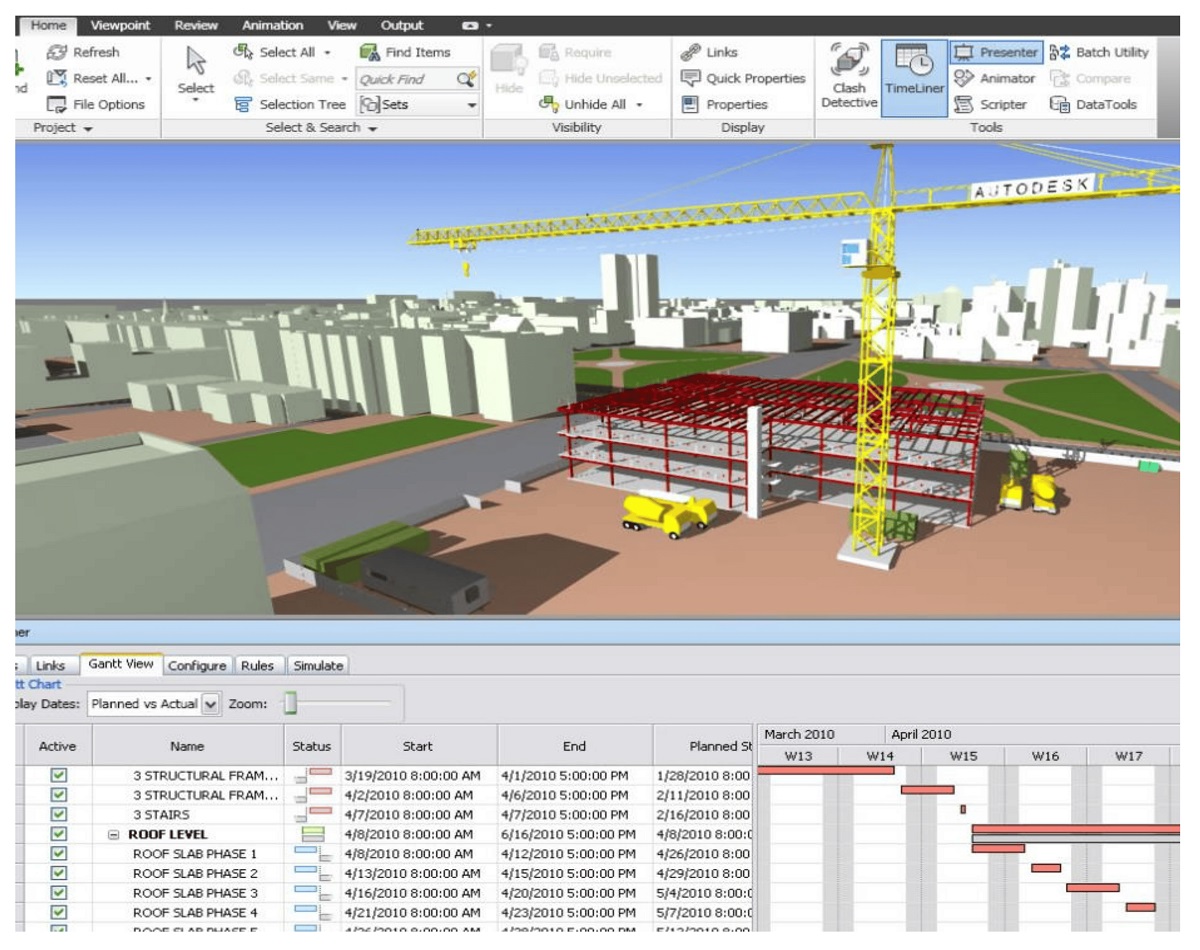

0 thoughts on “What Is A BIM Coordinator?”